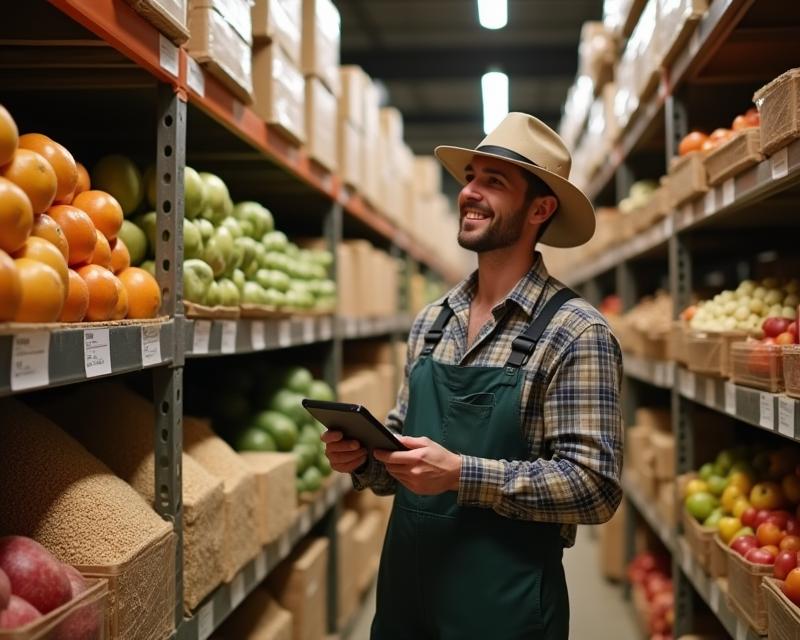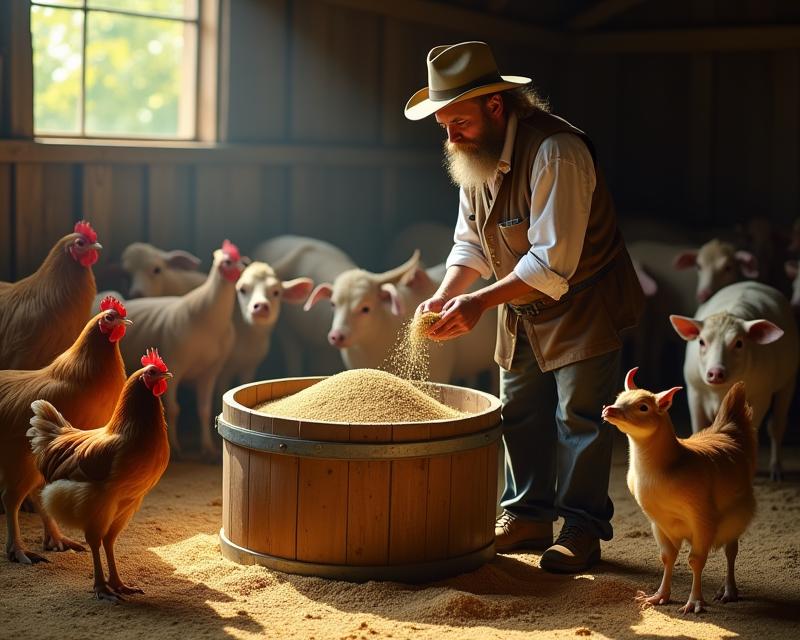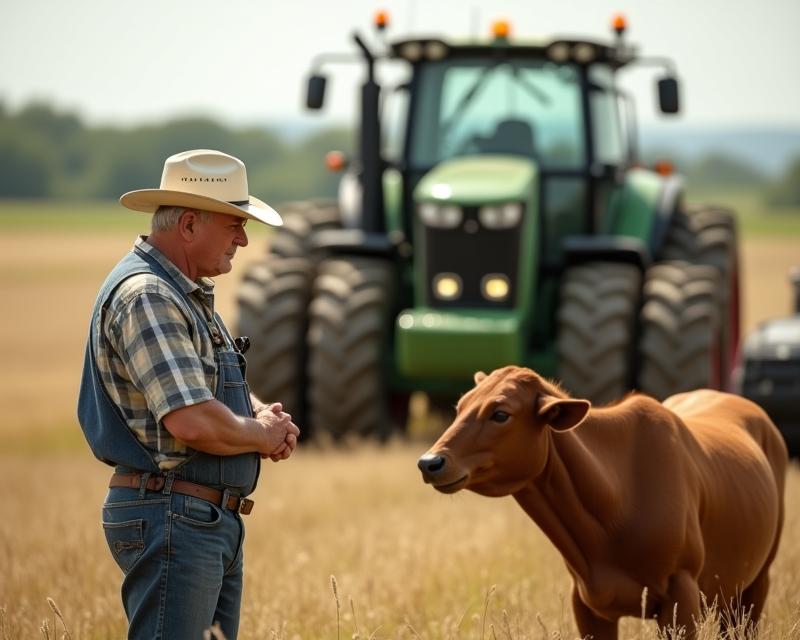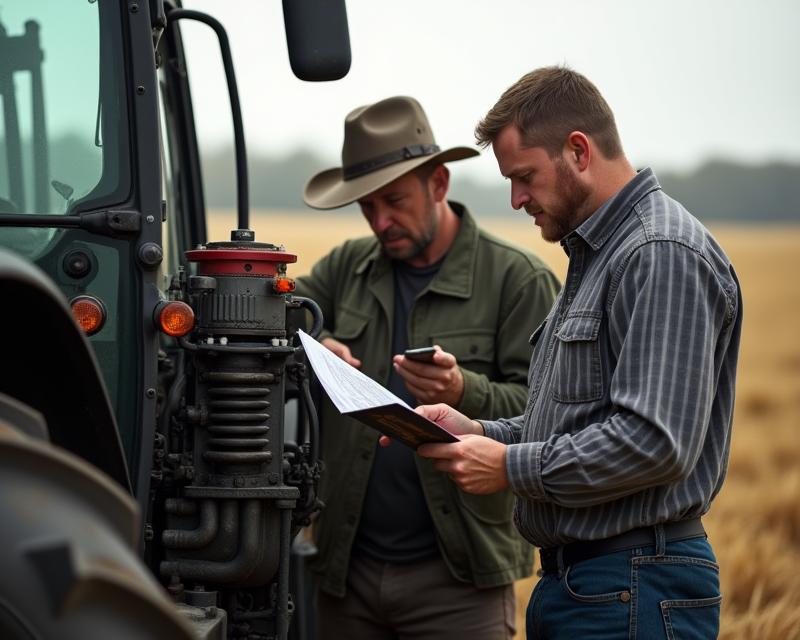Markets: Farmers Markets vs. Supermarkets
Publish in Farm Business el 05/07/2025 02:28
Markets: Farmers Markets vs. Supermarkets - Where Should You Sell?
So, you've poured your heart and soul into growing amazing vegetables, raising healthy livestock, or producing quality goods. Now comes the big question: where do you sell them? There are two main paths: farmers markets and supermarkets. Both have their pros and cons, and the best choice for you depends on your goals and resources. Let's break down the differences to help you make an informed decision.
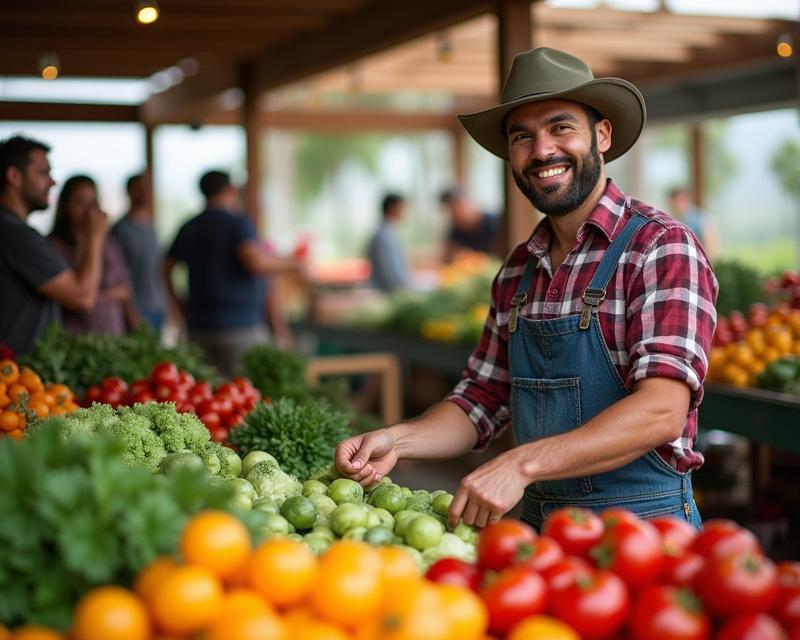
Farmers Markets: Direct Connection & Higher Profits?
Farmers markets offer a direct connection with your customers. This is a huge advantage! You get to tell your story, explain your growing practices, and build relationships. Consumers often value knowing where their food comes from and supporting local farmers. This personal touch can lead to increased customer loyalty and repeat business. Generally, farmers markets allow you to capture a larger portion of the retail price, meaning potentially higher profits. You avoid the markups and fees associated with supermarkets. Plus, you can offer unique, specialty items that aren't readily available in stores.
Supermarkets: Wider Reach & Consistent Sales?
Supermarkets offer a much wider reach. You can sell your products to a larger customer base, potentially increasing your overall sales volume. This can be particularly appealing if you have a large surplus or want a more consistent income stream. However, supermarkets typically take a significant cut of the revenue, leaving you with a smaller profit margin. You'll also need to meet their stringent quality and packaging requirements. Competition can be fierce, and your products might be priced lower to compete with other brands.
Consumer Engagement: A Key Differentiator
Consumer engagement is where farmers markets really shine. It's a chance to educate people about sustainable agriculture, healthy eating, and the importance of supporting local economies. You can offer samples, share recipes, and answer questions. This builds trust and creates a community around your farm. Supermarkets, on the other hand, often lack this level of direct interaction. While they have marketing departments, it's difficult to connect with consumers on a personal level.
Making the Right Choice
Ultimately, the best selling strategy depends on your individual circumstances. Consider your production volume, your target market, your business goals, and the time and resources you have available. Many farmers successfully use a combination of both – selling at farmers markets to build relationships and supplement with wholesale accounts to supermarkets. Do your research, analyze your costs, and choose the path that aligns with your vision for your farm. Don't be afraid to experiment and adjust your strategy as needed. Good luck!
